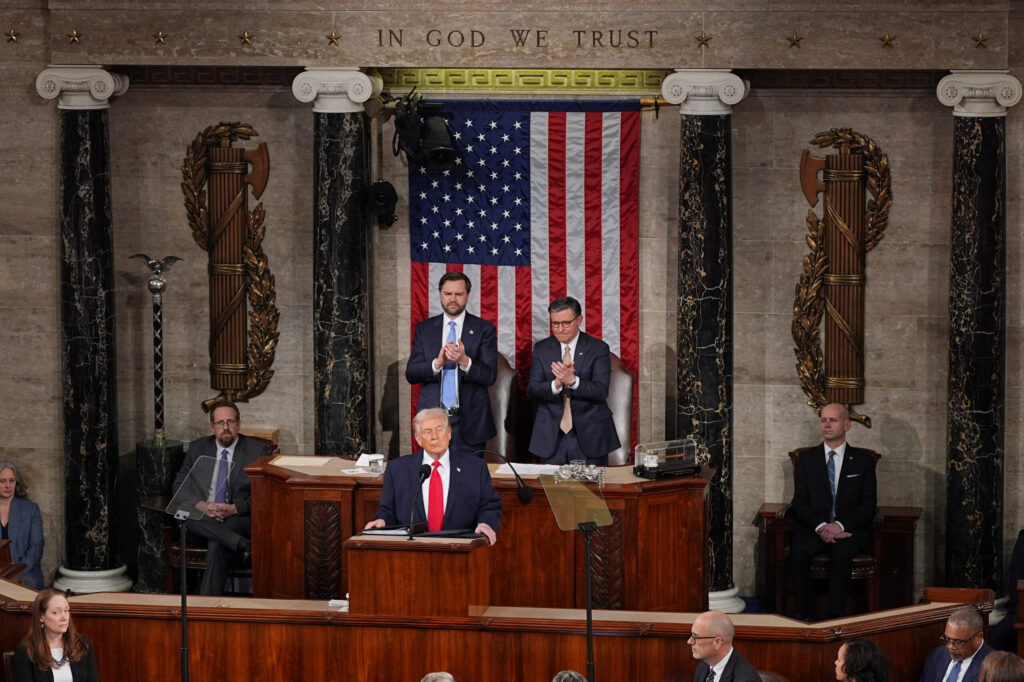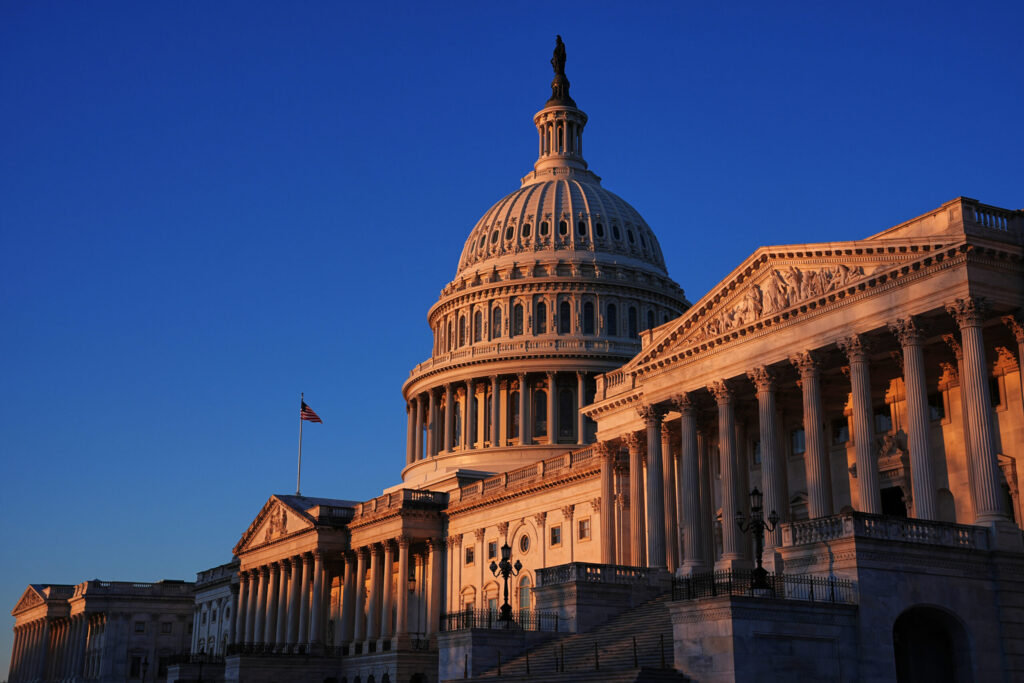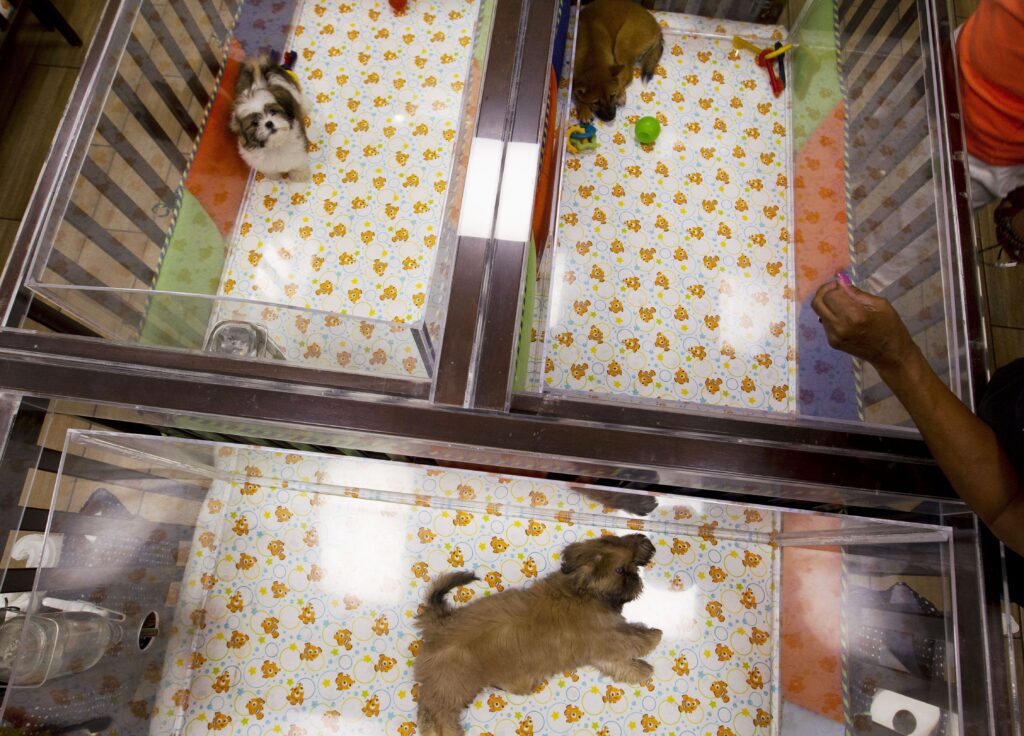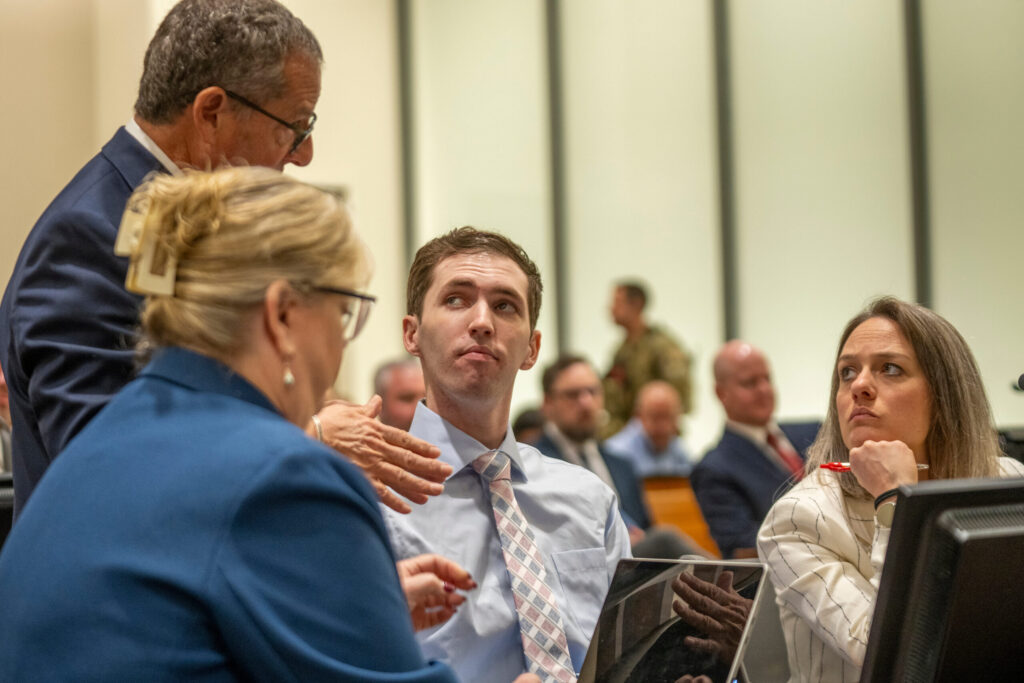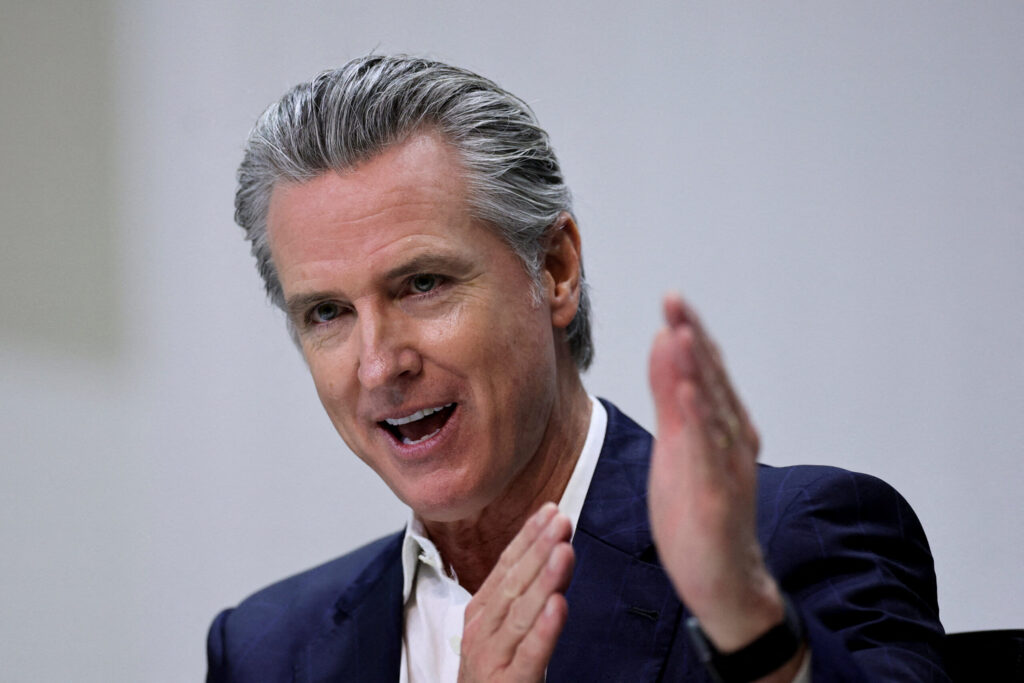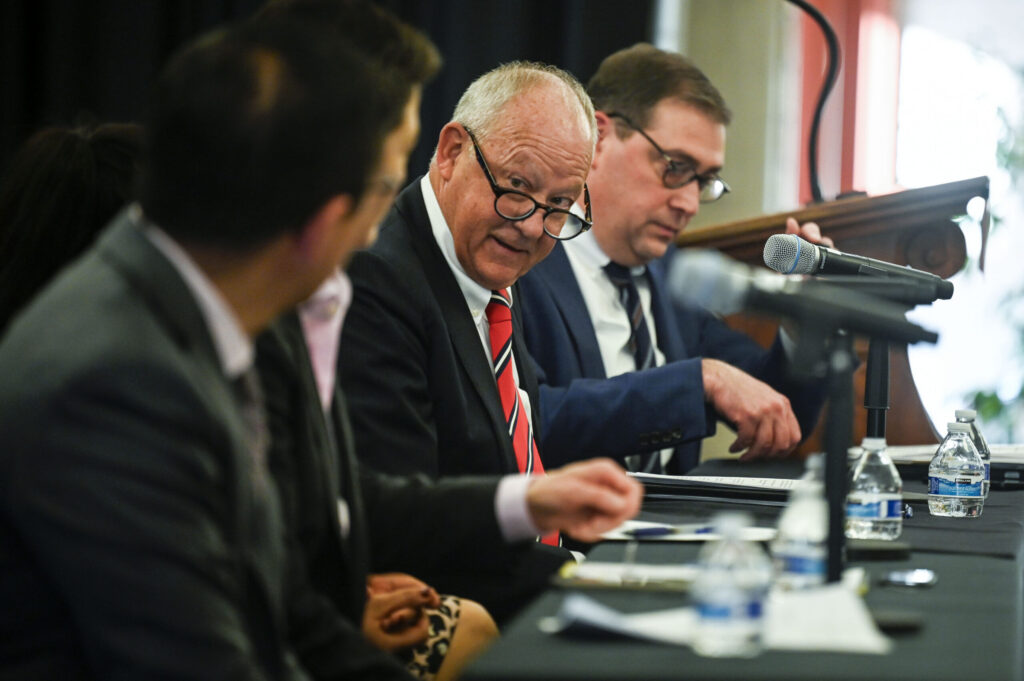Denver budget hearings get underway

Staring down a $200 million deficit, Denver kicked off its week-long series of budget hearings on Monday with more than 19 agencies slated to make presentations and nearly every department facing a cut.
But at a time when the city would most likely need to bring in new businesses and create more jobs, one of its main economic cheerleaders, the Denver Economic Development and Opportunity Office (DEDO), saw a funding decrease of more than 56%, according to the proposed city spending plan for 2026.
“We did have to make some reductions, which included a $3.5 million reduction in general fund transfers,” DEDO Executive Director Adeeb Khan said. “Part of that was through our business incentive fund, a youth employment program where we found other resources to be able to fund that work, and our Denver construction careers programming.”
Although the cuts in the budget are deep, Kahn said core services of business and workforce development were spared.
“Last year, we lost 10,000 jobs in the city and county of Denver on average. During the peak of our growth phase – for that decade – we were creating close to 20,000 jobs a year in the city and county of Denver. So that trend has changed,” he said. “So, the focus of this work is, how do we get that trend heading in the right direction again?”
Down from $11.3 million in 2025, DEDO’s proposed 2026 budget includes just under $5 million in general fund allocation and various special revenue funds, including the business incentive fund and retail attraction fund.
Khan said reductions were also made to technical assistance grants for the Neighborhood Equity and Stability program, some business development services and executive office operations.
Staffing was pared by 22 positions. Seven of those were filled and 15 were vacant.
The total personnel and budget reduction was just under $3 million, with Khan adding that “we also were able to move some folks to other funding sources outside of the general fund.”
One of the largest line item cuts to DEDO’s pocketbook was to the Construction Careers Program – $2,069,000.
Khan said DEDO had not fully utilized those funds.
“We haven’t had the demand, especially in recent years around construction, to be able to even spend down some of those dollars,” he said. “So, as we had to take budget reductions last year, the area where we moved some dollars was on the construction careers program. We also believe fundamentally that we can find other sources of revenue to be able to fund some of these programs.”
The Denver Gazette reached out to the Denver Chamber of Commerce for comment on the city’s economic development department cuts, but a spokesperson said officials were unable to respond because they were at a work conference.
A Downtown Denver Partnership spokesperson declined to comment.
Going forward, DEDO’s 2026 priorities include increases in operational efficiency, strengthening customer service, payment processing and compliance, as well as seeking out new sources of revenue.
But DEDO does more than that.
For businesses impacted by construction projects, such as Colfax Bus Rapid Transit, DEDO has been the source of economic relief through its Business Impact Opportunity funds, which help lessen the financial blow to small businesses.
DEDO has awarded close to 50 grants to East Colfax businesses, totaling more than $630,000, through the Business Impact Opportunity fund.
There are dozens of businesses including restaurants, tattoo artists and liquor stores that have had their revenues drop by 20% or more since construction began and the city can provide a one-time $7,500 or $15,000 grant.
District 6 Councilmember Paul Kashmann said he would not be in favor of supporting another project of that size unless there was adequate funding to help impacted businesses.
“I think that we should go into any large-scale construction project with that in mind, of how is it going to affect the businesses, and how do we ensure that that’s built into those costs,” Khan said. “Because trying to take it out of our business incentive fund or other resources makes it very challenging for us to be in a planning mode to be able to conduct that work.”
Denver is one of the few cities in the country that has a business impact fund supporting such hardships.
“I will say there will never be enough money in the general fund to solve the amount of economic hardship that was imposed on Colfax businesses by BRT and many of us that were new were not a part of that conversation when it started, as you said, but we should be very wide-eyed about what that is like on these businesses,” Denver Mayor Mike Johnston said.
Johnston added: “And so to your question of, where do we go next on BRTs, I’ve said I’m not prepared for us to go forward on another BRT on another corridor, until we have a much clearer conversation on what the impact would be on those businesses and what the plan is to sustain them.”


